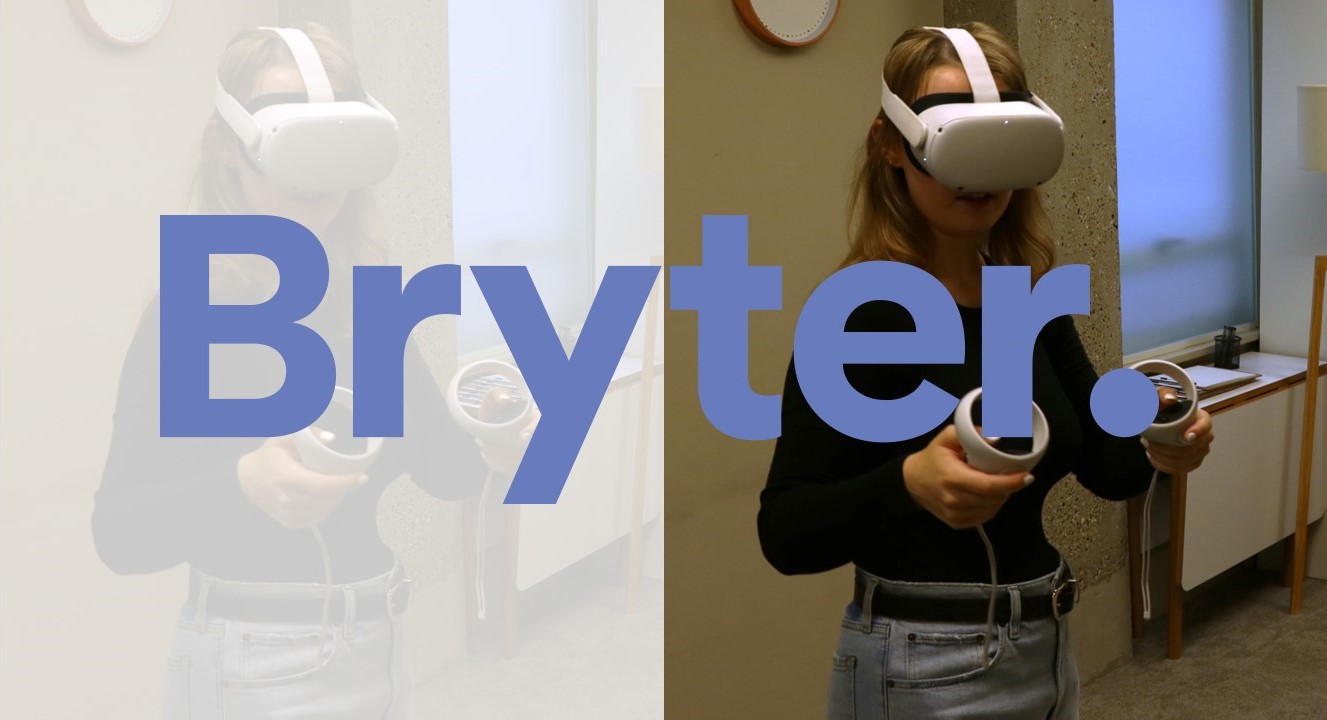Market research focus groups play a crucial role in video game development at various stages of the development cycle, offering developers real-world insights from the target audience that can be used to improve and refine the game. In the early stages of development, focus groups help shape the game concept, ensuring it resonates with potential players before substantial time and resources are invested. Later on, they help add a deeper layer of insights around gameplay experiences, and in the latter stages of the dev cycle can be used to test marketing assets, and ensure that every aspect of the game aligns with player expectations, maximizing the game's potential for success.
In this article we will explore three use cases for focus groups when developing new video games
Use case 1: Early stage exploration
In the concept phase, focus groups offer initial feedback on fundamental elements like key art, character designs, and plot outlines, allowing developers to gauge initial player reactions to their ideas. By presenting early sketches of characters or preliminary world art to focus groups, developers can see how players respond emotionally. Are the characters relatable? Does the art style capture the right mood? Is the game concept appealing?
This early stage testing is invaluable because it ensures the game’s foundational elements align with player expectations, which can make the difference between a hit game and one that fails to connect. For instance, if focus group members find the protagonist unappealing or confusing, or the plotline unoriginal developers can adapt the character design or storyline direction to better resonate with players.
Feedback in these sessions can often reveal a USP for the game that the developer has not thought of, that can then be further developed as a leading feature of the new title
Use case 2: Combining qualitative insights with playtesting
As development progresses and playable builds are created, focus groups transition into playtesting sessions. These sessions combine hands-on gameplay with qualitative group discussions, allowing developers to observe player behaviors and gather rich feedback in real-time. Observing players directly helps developers identify unforeseen issues, such as confusing level designs, unintuitive controls, or unexpectedly difficult challenges. For example, if players frequently get lost or frustrated during a certain level, developers can adjust the level design to make it more intuitive or less challenging.
Post-playtest group discussions offer further insights into the players’ experiences. These sessions allow participants to share their thoughts in a group setting, revealing not only individual reactions but also collective opinions that might indicate larger trends. By discussing aspects such as game difficulty, storyline engagement, and feature usability, developers can make evidence-based adjustments that improve overall gameplay. Additionally, gathering feedback on the emotional aspects of gameplay — such as excitement, frustration, or boredom — helps developers enhance the game’s appeal, ensuring it’s engaging and fun.
These sessions can be conducted face to face in specialist viewing facilities with playtest stations set up, or online with respondents taking part in a remote test and then gathering together on an online platform to discuss their experiences.
For more insights into play testing read our blog post '5 playtesting techniques every developer should know'
Use case 3: Marketing Asset Testing: Pack Design, Advertising, and Positioning
Toward the end of the development cycle, focus groups are invaluable for testing marketing assets such as packaging design, promotional trailers, and ad materials. Developers and marketers want to know if the game’s marketing assets convey the right message and entice players to buy. For example, if focus group members find the game’s packaging confusing or not reflective of the actual gameplay experience, developers can adjust the design to better communicate the game’s genre, tone, and unique selling points. This is especially important for physical copies or online storefronts, where packaging or thumbnails are often a player’s first impression of the game.
Advertising materials — from social media ads to trailers — also benefit from focus group testing. Focus groups allow developers to see if ads are generating the desired excitement or if they fail to capture key aspects of the game’s appeal. Testing marketing assets in focus groups offers insights into how to better align ads with player expectations, helping marketing teams refine their messaging to emphasize the game’s strengths and unique features.
Conclusion
Focus groups offer valuable insights at every stage of video game development, from early concept testing through final marketing adjustments. By integrating player feedback into the development process, game creators can refine their game concepts, enhance gameplay, and optimize marketing strategies to meet audience expectations. This player-centered approach increases the likelihood of a game’s success, helping it stand out in a competitive market by delivering an experience that resonates with its target audience.
Want to know more?
Bryter works with a broad range of gamer audiences to understand their behaviours, motivations, needs and experiences. This insight helps video game developers to better understand what is shaping and influencing gamer behaviour in relation to what they play, how and when they play, and what shapes their purchase behaviours.
This is evident in our annual female gamers survey, which uncovers insights, data and statistics about the female gamer market to help developers build more inclusive, representative and appealing games for a female audience.
Our expertise spans a wide range of platforms and genres in the gaming sector, allowing us to provide clients with a comprehensive range of services. From early concept testing and market sizing, to playtesting and post-launch evaluation, we combine our extensive market knowledge and experience to deliver valuable insights into brand equity and player understanding.
If you’d like more information on devising an insightful market research plan read the article 'The ultimate guide to market research for video game developers'
Or get in touch directly with the team if you would like to know more or have an enquiry about a new study




